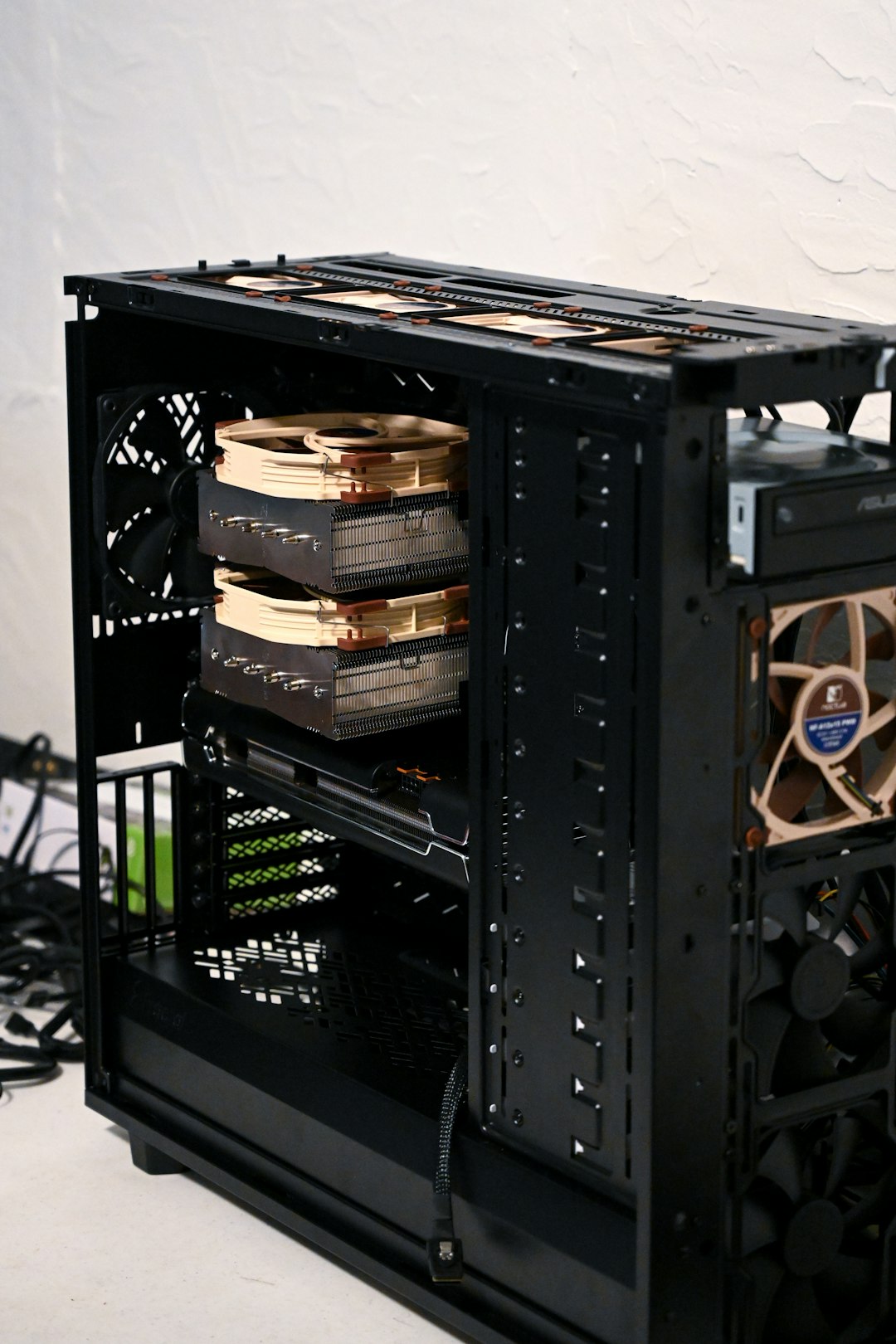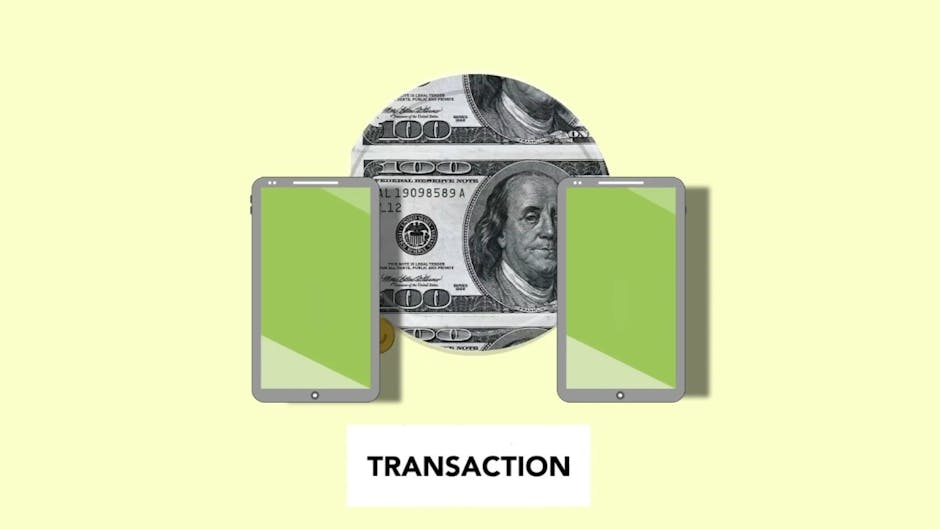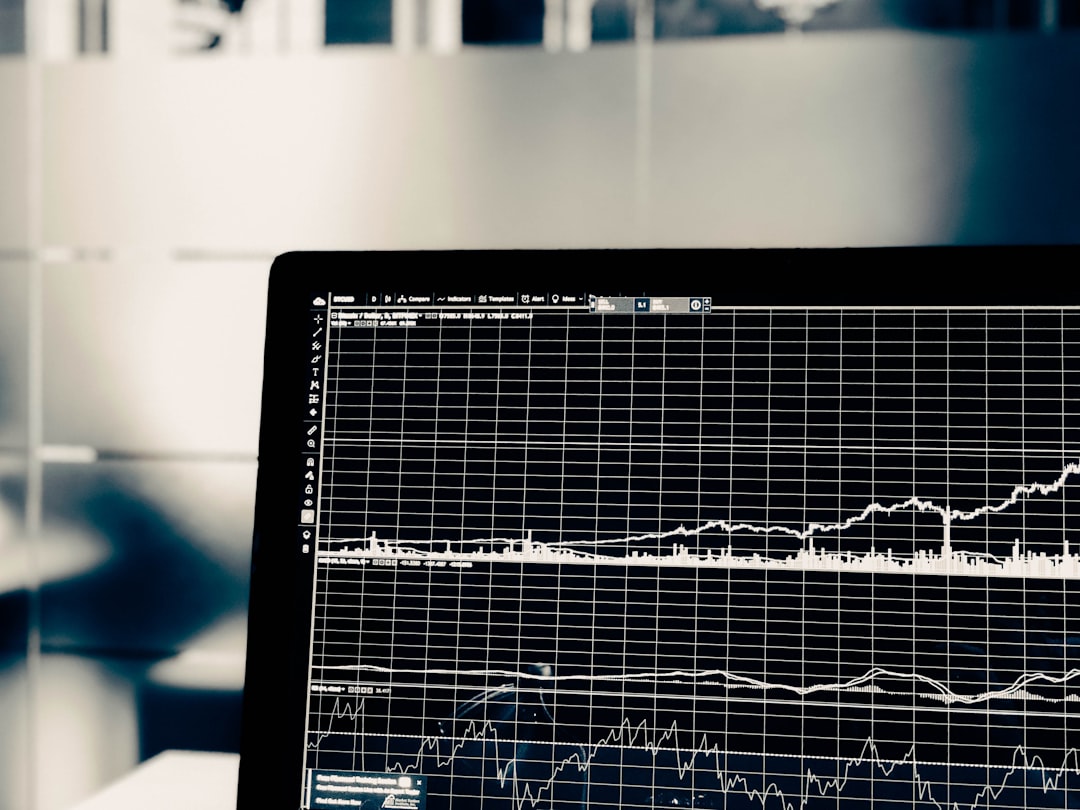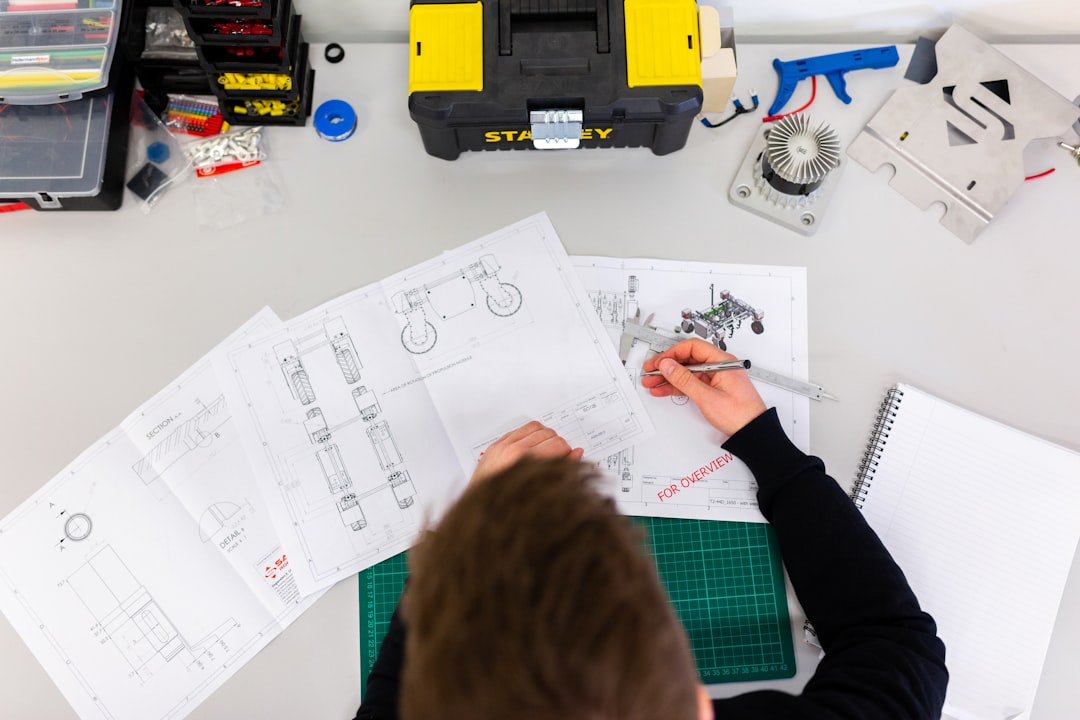Unlock encrypted content
Please enter your SSCE key to initiate on-the-fly decryption.
Decryption key: (Click cancel if you don't have the key)
Copied link to clipboard.
This feature is unavailable for free accounts. Upgrade now and enjoy all Premium benefits.
Go Premium!
This feature is unavailable for free accounts. Upgrade now and enjoy all Premium benefits.
Go Premium!
Please open this page in browser ( Google Chrome or Safari ) to use this feature.
Open In Browser
Technology in 2030: A Glimpse into the Future
Random related video for this blog.
Copied share link to clipboard.
As we look ahead to the year 2030, we can anticipate even more groundbreaking developments that will shape our lives in unprecedented ways. From biometric data storage to robotic process automation, the future holds immense possibilities. In this article, we will explore some key areas of technology that are expected to flourish in the next decade.
Biometric Data Storage: Revolutionizing Security
Biometric data, such as fingerprints and facial recognition, has become increasingly prevalent in our daily lives. In 2030, we can expect biometric data storage to be seamlessly integrated into various aspects of our society. This technology will enhance security measures and streamline authentication processes. Imagine a world where you can unlock your smartphone or access your bank account simply by using your unique biometric markers. With advancements in biometric data storage, concerns about privacy and security are paramount. Companies like FileLu are at the forefront of ensuring the safe storage and transmission of biometric data. By utilizing end-to-end encryption and state-of-the-art security protocols, FileLu offers a secure platform for individuals and organizations to store and share their biometric information.Automation and Job Displacement: Navigating the Changing Landscape
Automation has long been a topic of debate, and its impact on the job market will continue to be a significant concern in 2030. As technology evolves, certain tasks that were once performed by humans will be automated, leading to job displacement in some sectors. However, it is essential to understand that automation also creates new opportunities and job roles that require a different skill set. Robotic process automation (RPA) is one aspect of automation that is expected to have a significant impact in the coming decade. RPA involves the use of software robots to automate repetitive tasks, allowing employees to focus on more complex and creative endeavors. For example, in thehealthcare industry, RPA can streamline administrative tasks, freeing up medical professionals to provide better patient care. While job displacement may be a concern, it is crucial for individuals to adapt and acquire new skills to remain relevant in the evolving job market. Lifelong learning and upskilling will be essential to thrive in a technology-driven future.
The Internet of Things (IoT): Connecting the World
The Internet of Things (IoT) has already made significant strides in connecting our devices and homes. In 2030, the IoT will reach new heights, transforming our cities, industries, and daily lives. From smart homes to smart cities, the IoT will create a network of interconnected devices that seamlessly communicate and share data. Imagine a future where your refrigerator automatically orders groceries when you run out of essentials, or your car schedules its own maintenance appointments based on real-time diagnostics. The possibilities are endless. However, with increased connectivity comes the need for robust data storage and security measures. Data security and privacy will be of utmost importance in an IoT-driven world. FileLu offers secure cloud storage solutions that ensure the protection of personal and sensitive data. By utilizing end-to-end encryption and advanced security features, individuals and businesses can confidently embrace the benefits of the IoT without compromising their privacy.Nanomedicine: Transforming Healthcare
Nanomedicine, a field that combines nanotechnology and medicine, holds immense promise for revolutionizing healthcare in 2030. Nanoparticles, smaller than a billionth of a meter, can be engineered to deliver targeted treatments, diagnose diseases at an early stage, and monitor the body's response to medication. One of the most exciting applications of nanomedicine is in cancer treatment. Researchers are exploring the use of nanoparticles to deliver chemotherapy drugs directly to cancer cells, minimizing side effects and increasing the effectiveness of treatment. Additionally, nanosensors implanted in the body can provide real-time health monitoring, enabling early detection of diseases and personalized treatment plans. Data storage will play a crucial role in nanomedicine, as the vast amount of data generated by nanosensors and diagnostic tools needs to be securely stored and analyzed. FileLu's cloud storage solutions offer the capacity and security needed to handle the data-intensive nature of nanomedicine.Data Security and Storage: Safeguarding our Digital World
In a world driven by technology, data security and storage are paramount. As we generate and rely on vast amounts of data, ensuring its integrity, confidentiality, and availability becomes crucial. In 2030, the demand for secure and scalable data storage solutions will be at an all-time high. FileLu, a leading cloud storage provider, offers a comprehensive range of data storage options. With their robust security measures, including end-to-end encryption and advanced access controls, individuals and businesses can confidently store and share their data. FileLu's large file transfer capabilities make it an ideal choice for those working with data-intensive applications, such as video production or scientific research. Conclusion: The year 2030 holds immense potential for technological advancements that will shape our lives in ways we can only begin to imagine. From biometric data storage to nanomedicine, the future promises exciting innovations that will enhance security, revolutionize healthcare, and transform the way we live and work. As we embrace these advancements, it is crucial to prioritize data security and storage. FileLu's secure cloud storage solutions offer a reliable platform for individuals and businesses to safeguard their valuable data and leverage the full potential of emerging technologies.Frequently Asked Questions (FAQs)
Question: How can biometric data storage enhance security? Answer: Biometric data storage allows for seamless authentication processes, ensuring only authorized individuals can access sensitive information. FileLu ensures the secure storage and transmission of biometric data through their robust security measures.
Question: What are the potential job displacement concerns with automation? Answer: Automation may lead to the displacement of certain job roles that can be automated. However, it also creates new opportunities and job roles that require different skill sets. Lifelong learning and upskilling will be essential to navigate the changing job market.
Question: How can the Internet of Things (IoT) benefit us? Answer: The IoT can revolutionize our daily lives by creating a network of interconnected devices that seamlessly communicate and share data. This connectivity can lead to increased convenience, efficiency, and personalized experiences.
Case Studies 1. Company XYZ implemented biometric data storage solutions from FileLu, enhancing their security measures and streamlining employee authentication processes. This resulted in improved data protection and reduced the risk of unauthorized access. 2. Hospital ABC adopted robotic process automation (RPA) to automate administrative tasks, allowing medical professionals to focus on patient care. This led to increased efficiency and improved patient outcomes. 3. Nanomedicine research conducted at University XYZ utilized FileLu's secure cloud storage to store and analyze data generated by nanosensors. This enabled researchers to make significant advancements in personalized healthcare and early disease detection.
By Amelia Isabella
Email: [email protected]
Related
Efficient Data Analytics for Interstellar Colonization Through Secure Data Transfer...
June 2, 2023
Read More
The Future of Cloud Storage: User-Friendly Interface, Extraterrestrial Data Transfer,...
June 2, 2023
Read More
Popular
Latest
The Future of Digital Transformation: Exploring Smart Homes, Efficient File...
November 30, 2025
Read More
Exploring the Benefits of Cloud Storage and Innovative Technologies in...
November 26, 2025
Read More
The Future of Technology: Exploring Biohacking, Space Tourism, and Digital...
November 23, 2025
Read More
The Future of File Sharing: Streamlined Workflows for Photographers and...
November 19, 2025
Read More
Exploring the Intersection of Technology: From Cybersecurity to Augmented Reality...
November 16, 2025
Read More
The Future of File Management: Embracing Edge Computing and Efficient...
November 12, 2025
Read More
The Future of File Sharing: Exploring User-Friendly Solutions and Data...
November 5, 2025
Read More
The Future of Cloud Storage: How FileLu Empowers Creative Professionals...
November 2, 2025
Read More
The Future of Autonomous Technologies: Innovations in Robotics, File Sharing,...
October 29, 2025
Read More
Emerging Technologies Revolutionizing File Management: From Li-Fi to Robust Collaboration...
October 26, 2025
Read More
Emerging Technologies: Exploring the Impact of File Access Auditing, Genetic...
October 19, 2025
Read More
The Future of Data Storage: Exploring Advanced Encryption, Mobile Integration,...
October 5, 2025
Read More
Exploring the Future of Data Management: Security, Efficiency, and Cognitive...
September 28, 2025
Read More
Revolutionizing Data Management: Innovations in Storage, Security, and Sustainable Technology.
September 24, 2025
Read More
























